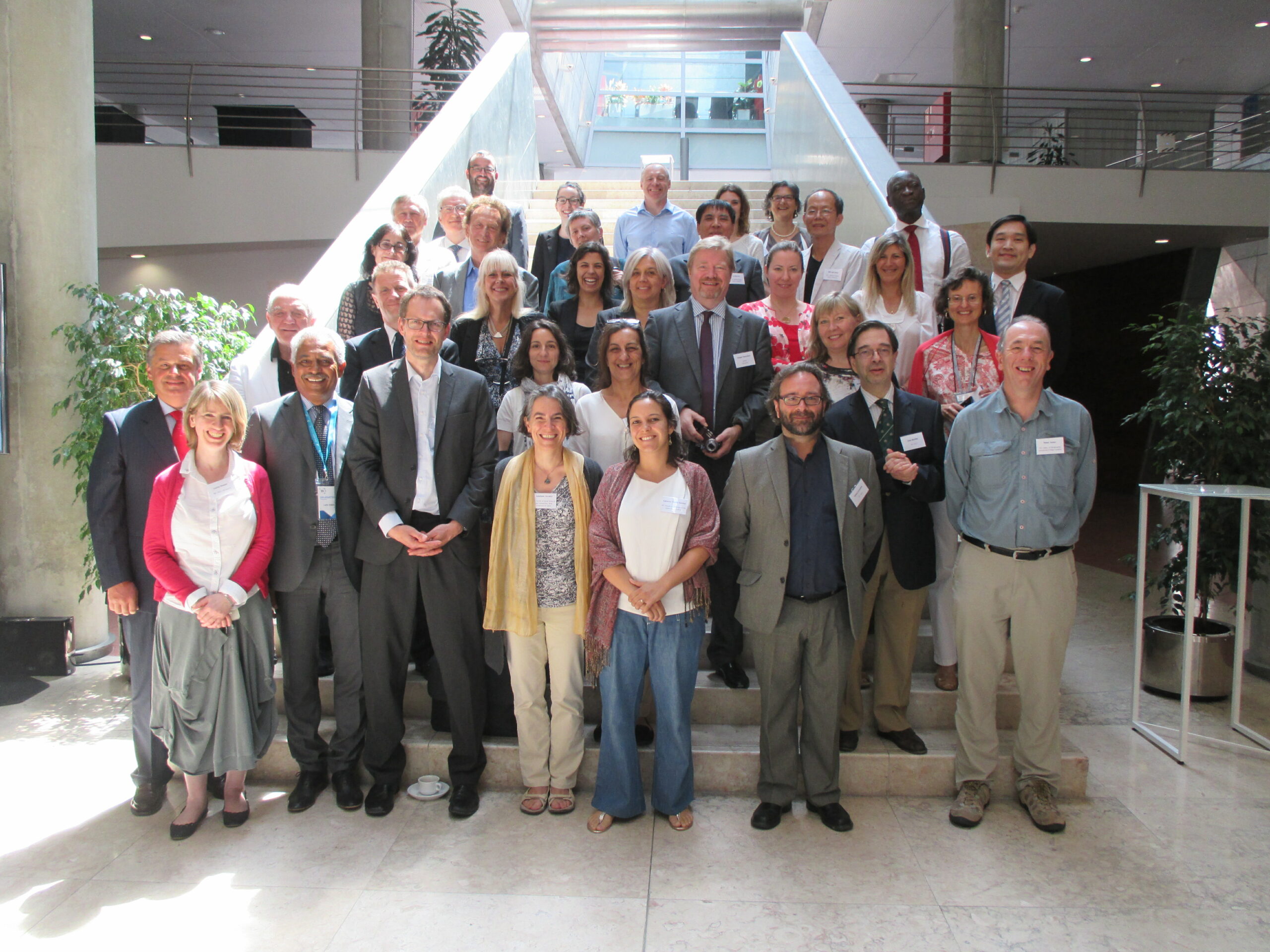Maritime spatial planning ensures the sustainability of the ocean

The enhancement of maritime space and the use, preservation, and exercise of economic activities that ensure economic, social, and environmental sustainability are a key challenge for many countries. At the Lisbon workshop, Future of Maritime Spatial Planning and Ocean Monitoring: What Potential for Economic Tools and Satellite Technology, 40 experts, researchers, and decision-makers from ten OECD countries and various international organizations discussed the role of maritime spatial planning in creating the conditions for a single maritime area to host a variety of activities with economic potential in an environmentally and socially sustainable manner.
We are experiencing countless situations involving increased use of maritime space (navigation, maritime transport) and exploitation of marine resources (prospecting, research and exploration of geological resources, fishing, aquaculture). This intensification often leads to increased pressure on ecosystems. At the same time, recent scientific developments in emerging areas such as ocean energy, deep sea exploration, and marine biotechnology also pose new challenges in terms of reconciling different uses and balancing the economic value of marine resource exploitation with respect for environmental conditions. In this context, the planning of activities in the maritime space makes it possible to reduce potential conflicts between different sectors of activity, contributing to a more sustainable use and greater economic exploitation of the marine environment.
It is particularly important to develop new systems for ocean governance and regulation of marine resource use, based on robust information supported by a solid scientific foundation.
During the workshop, issues such as the multiple uses of the ocean and coastal areas, the evolution of maritime spatial planning around the world, and innovation associated with governance and economic instruments for this purpose were discussed. Issues relating to data collection and management and data quality, as well as information infrastructure to support maritime spatial planning, received special attention.
This workshop is particularly relevant for Portugal, since maritime spatial planning is a topic covered by the National Strategy for Research and Innovation for Smart Specialization ( ENEI) and the National Strategy for the Sea 2013-2020 (ENM 2013-2020). Both consider maritime spatial planning to be a key tool for the development of the "maritime economy."
The workshop Future of Maritime Spatial Planning and Ocean Monitoring: What Potential for Economic Tools and Satellite Technology was held in early June as part of part of the OECD's The Future of the Ocean Economy: Exploring the prospects for emerging ocean industries to 2030 project (part of the Directorate for Science, Technology and Industry's Futures Program). The project aims to conduct a prospective analysis of the ocean economy by 2030, with a particular focus on the potential for developing emerging activities. It began in 2013 and Portuguese participation is ensured by the FCT (coordinator of national participation), the Directorate-General for Maritime Policy (DGPM) and the Calouste Gulbenkian Foundation (FCG), with completion scheduled for the end of 2015.